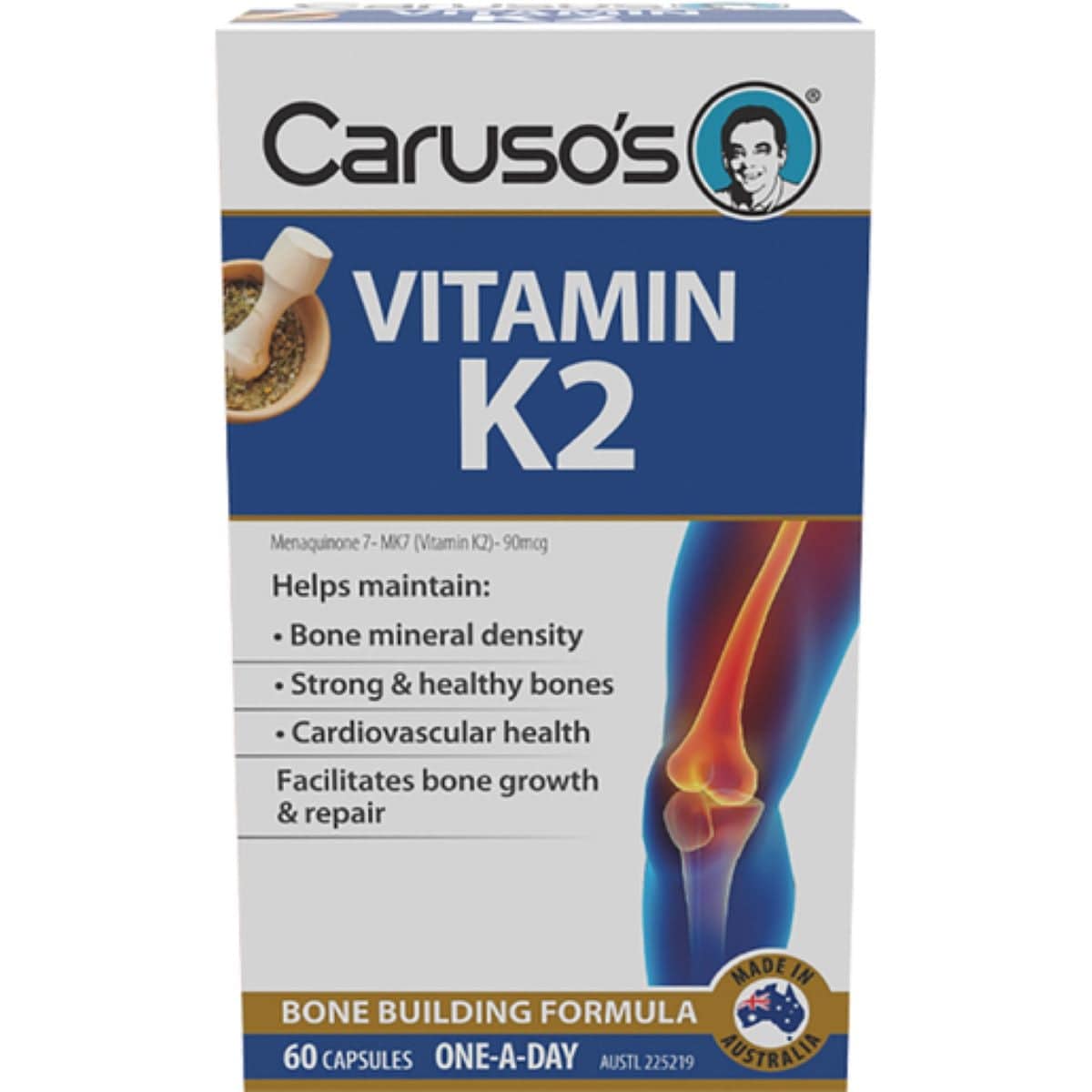Osteoporosis, a condition characterized by weakened bones, can affect various parts of the body, including the knee. Here are some steps you can take if you’re dealing with osteoporosis in your knee:
- Consult a Healthcare Professional: It’s crucial to get an accurate diagnosis and personalized treatment plan from a doctor or specialist. They might suggest medication, lifestyle changes, or specific therapies.
- Medications: Your doctor may prescribe medications that help strengthen bone density and slow bone loss.
- Calcium and Vitamin D Intake: Ensure adequate intake of calcium and vitamin D, which are essential for bone health. This might involve dietary changes or supplements.
- Regular Exercise: Engage in low-impact exercises like swimming, walking, or cycling. These activities can strengthen the muscles around the knee, reducing the strain on the joint.
- Physical Therapy: A physical therapist can design a program to strengthen the muscles supporting your knee, improving mobility and reducing pain.
- Weight Management: Maintaining a healthy weight can reduce stress on the knee joints.
- Avoid Smoking and Excessive Alcohol: Smoking and excessive alcohol consumption can worsen bone health.
- Fall Prevention: Implement measures to prevent falls, as they can lead to fractures, especially in people with osteoporosis.
- Use of Assisting Devices: Braces or walking aids can help stabilize your knee and reduce pain.
- Regular Monitoring: Regular check-ups and bone density tests can help monitor the progress of osteoporosis and the effectiveness of treatment.
Remember, each person’s situation is unique, so it’s important to work closely with healthcare providers to manage osteoporosis effectively.





